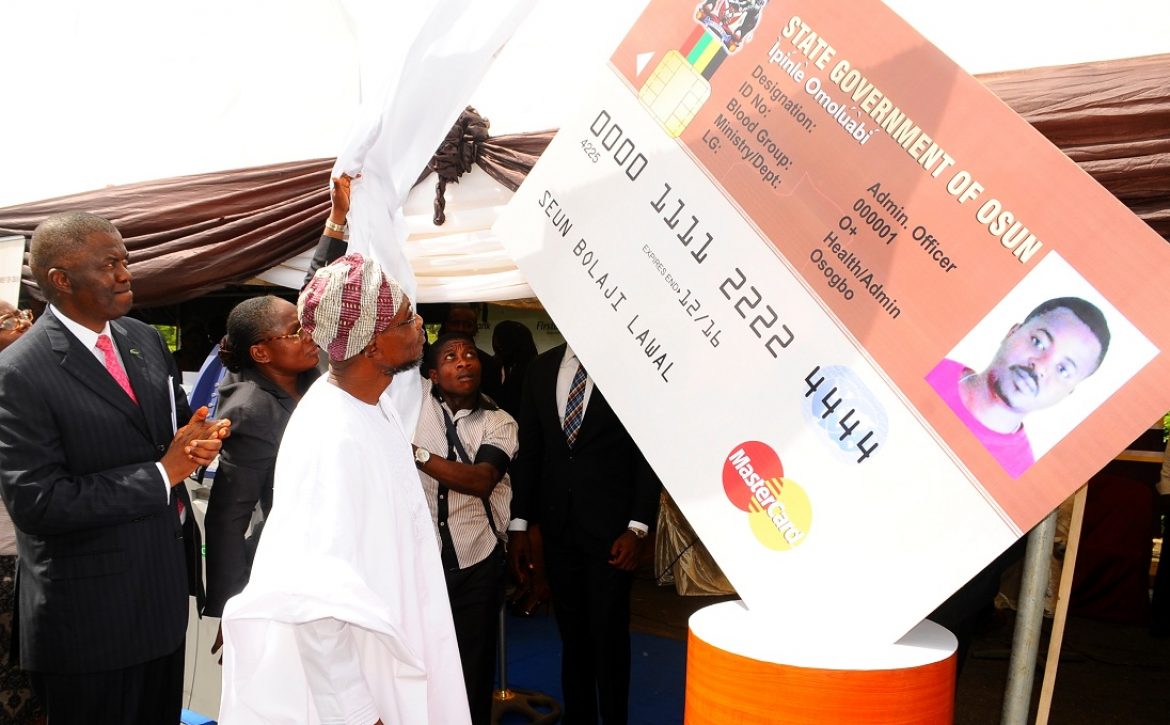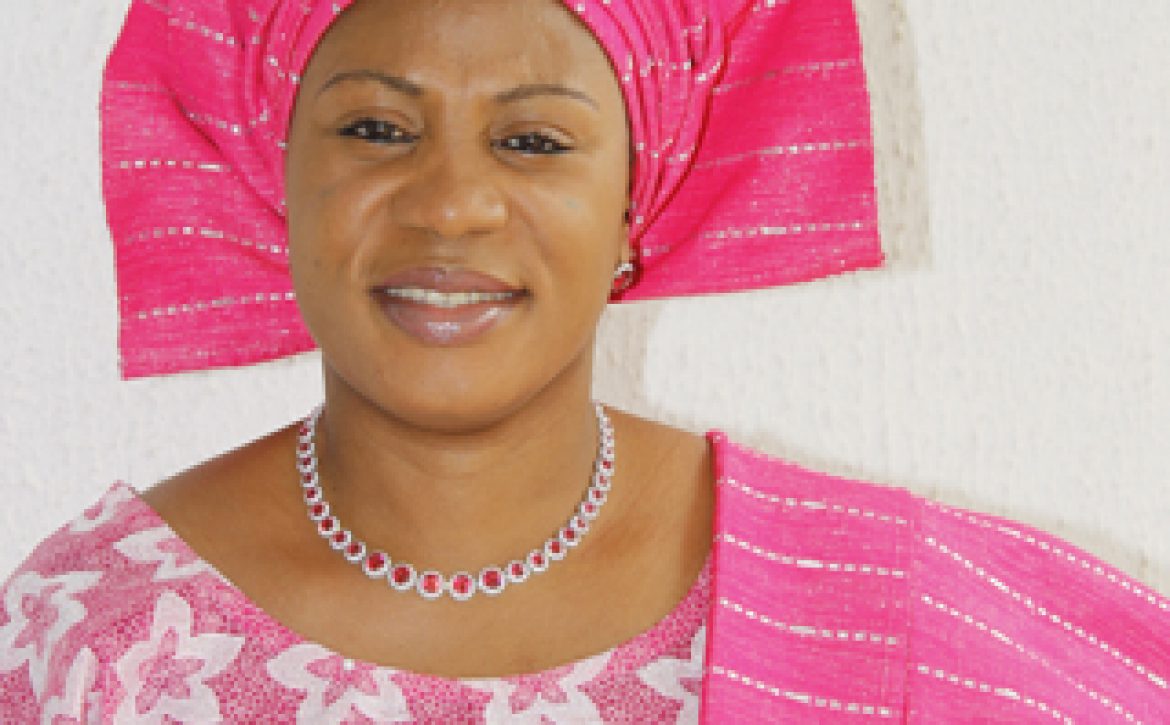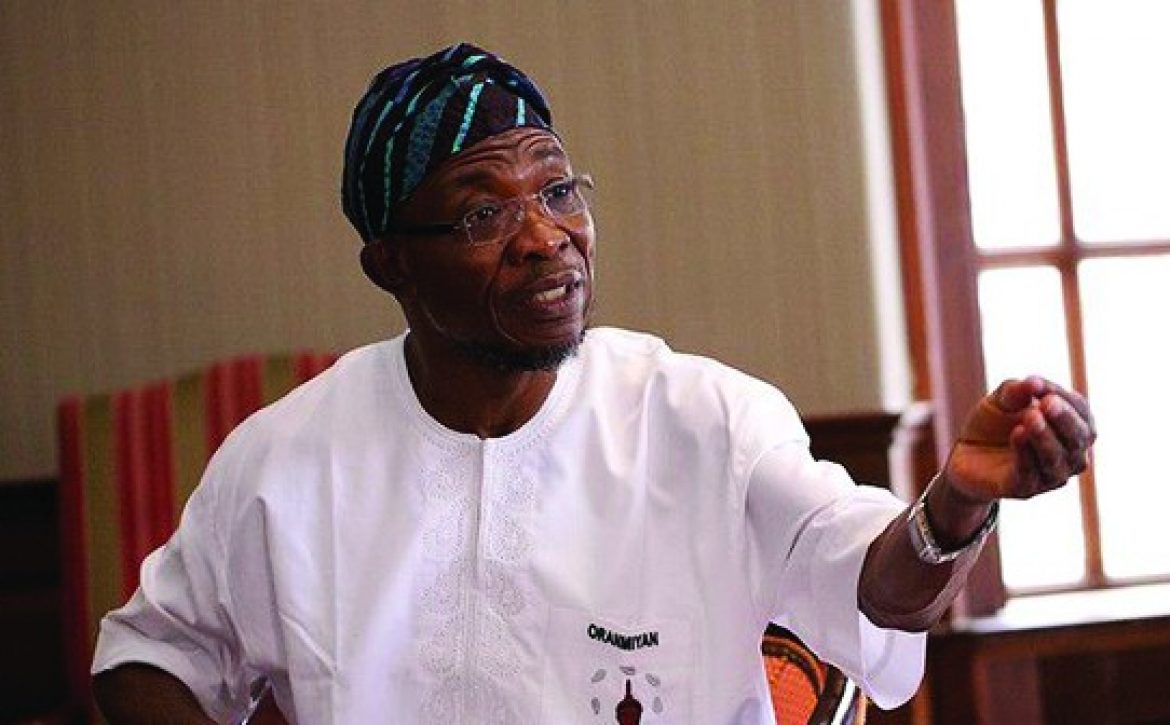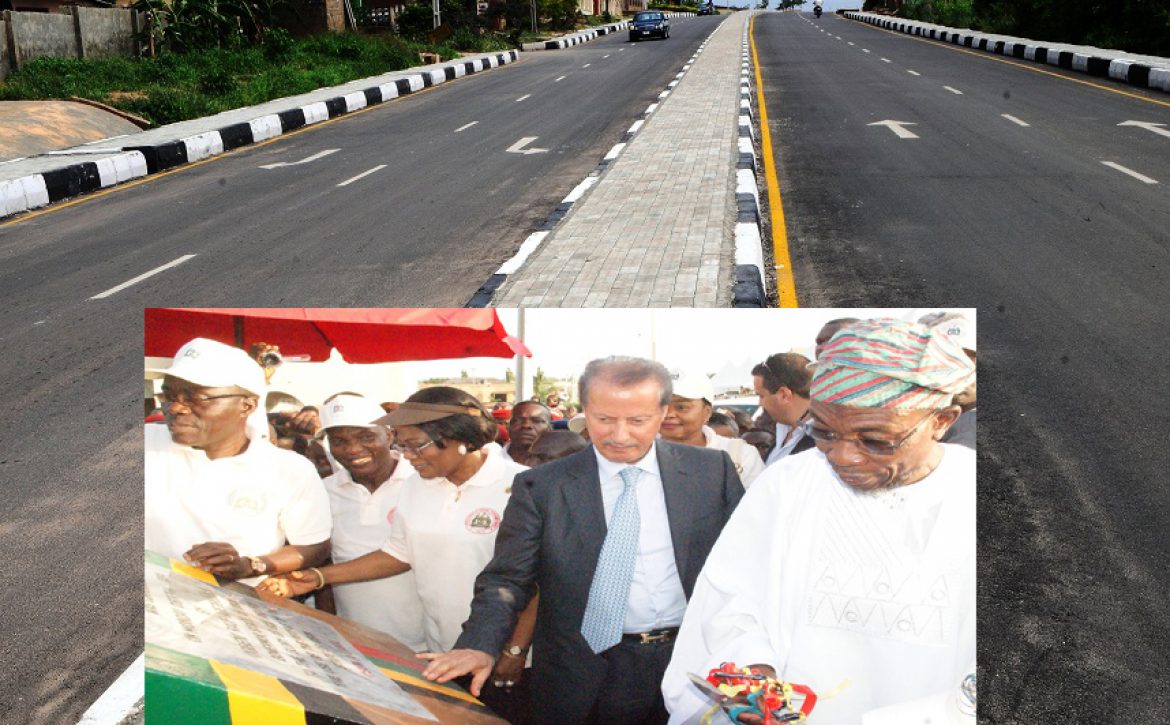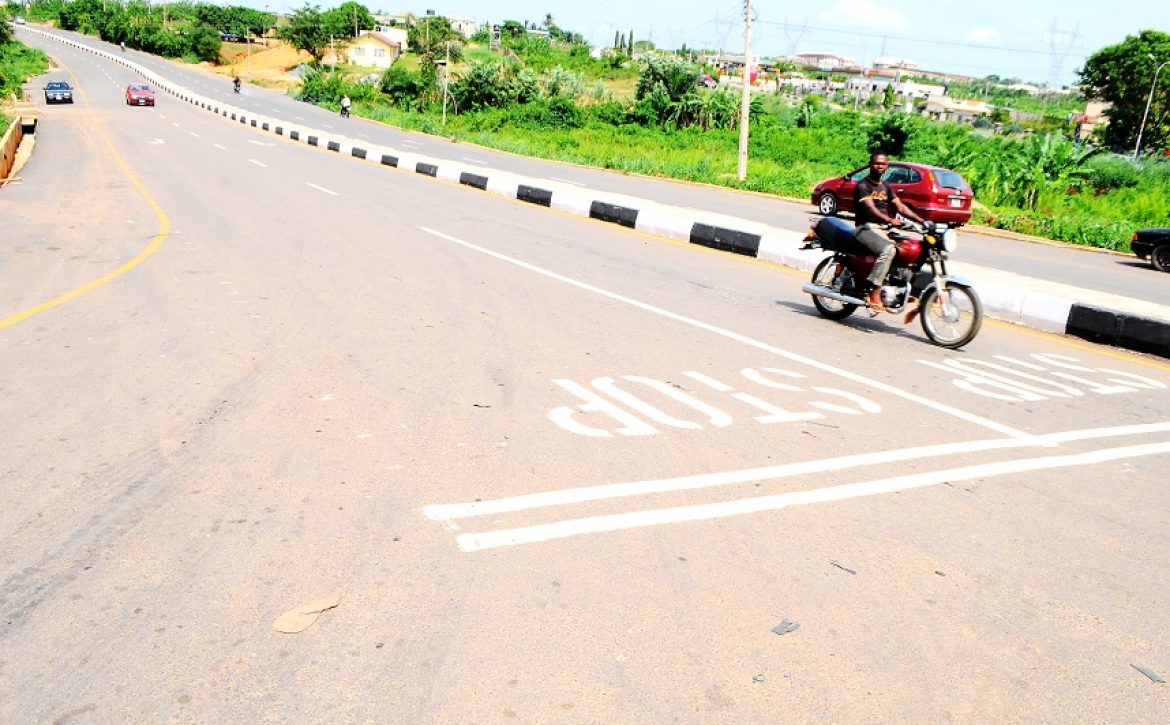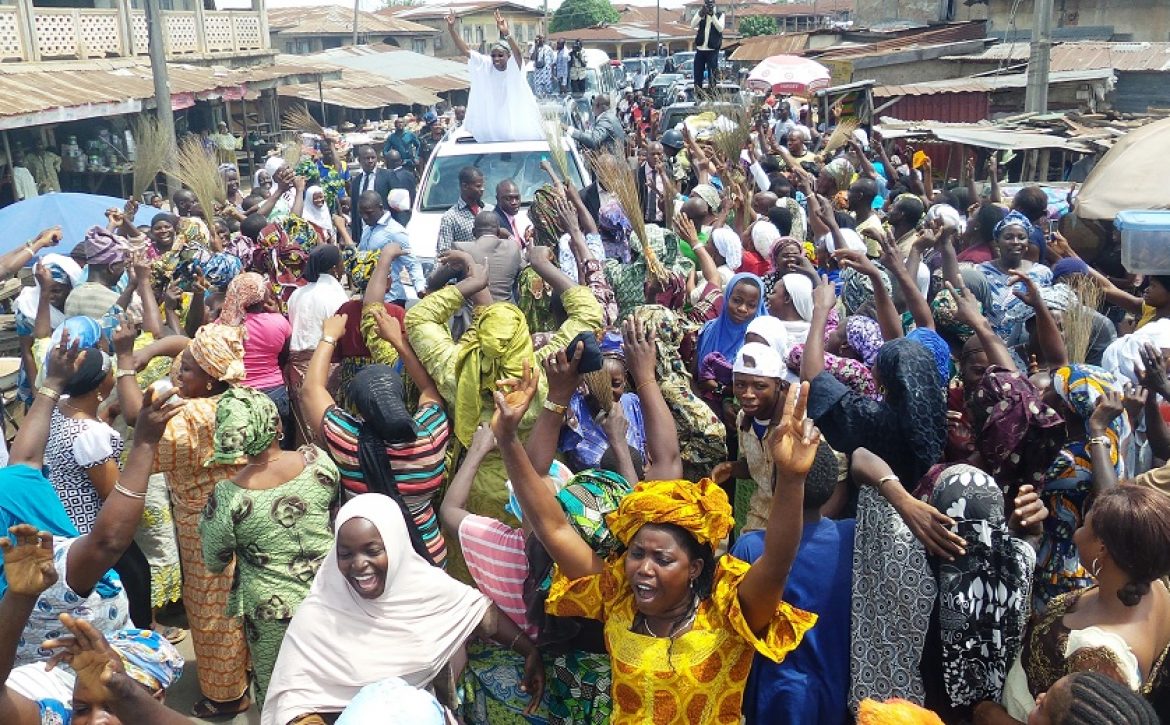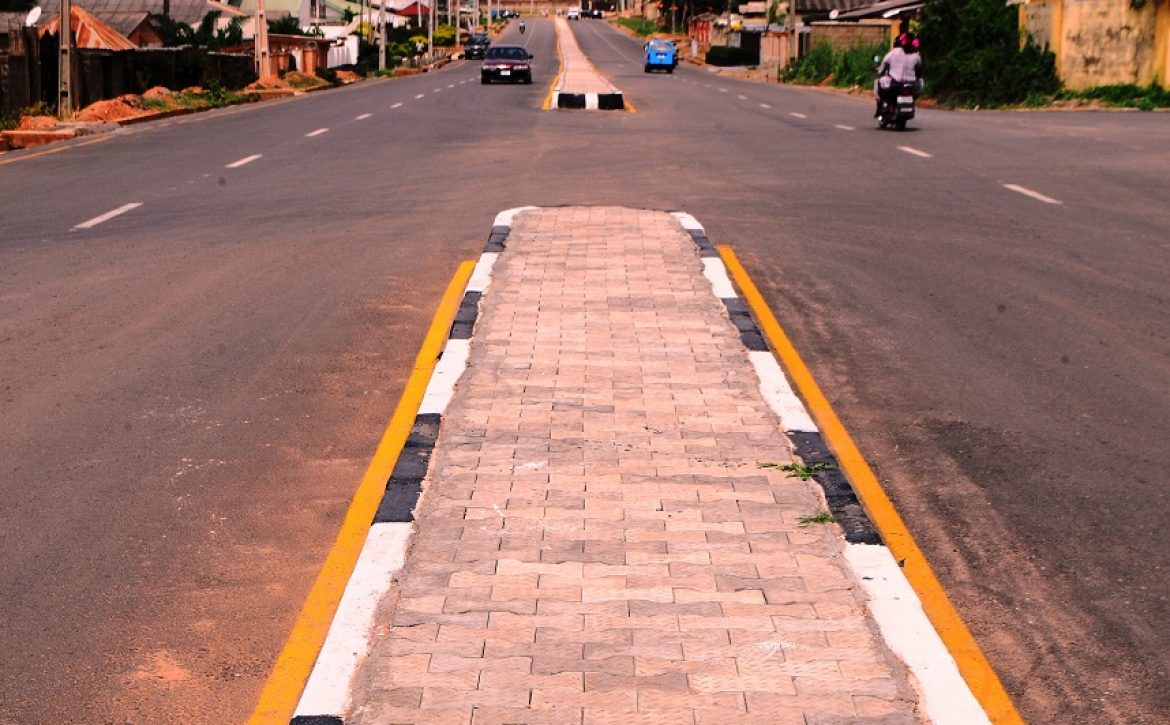 KEYNOTE ADDRESS DELIVERED BY THE GOVERNOR OF THE STATE OF OSUN, OGBENI RAUF AREGBESOLA, AT A TWO-DAY ECONOMIC SUMMIT ORGANISED BY THE PEOPLES WELFARE LEAGUE, HELD AT OSOGBO HOLIDAY INN, IWO ROAD, OSOGBO, ON TUESDAY APRIL 29, 2014
KEYNOTE ADDRESS DELIVERED BY THE GOVERNOR OF THE STATE OF OSUN, OGBENI RAUF AREGBESOLA, AT A TWO-DAY ECONOMIC SUMMIT ORGANISED BY THE PEOPLES WELFARE LEAGUE, HELD AT OSOGBO HOLIDAY INN, IWO ROAD, OSOGBO, ON TUESDAY APRIL 29, 2014
Protocols,
It is with a deep sense of responsibility and elation that I join you at the opening ceremony of the two-day vitally important Osun Economic Summit, very well tagged ‘ORISUN AJE 2014’. I must specially thank the proactive convener and, especially, the progressive professionals who make up the Peoples Welfare League (PWL) for coming up with the idea of this Economic Summit. I applaud you for your good decision.
I am also very pleased to welcome all participants from within and outside the State of Osun to this Economic Summit. I do strongly hope that your participation in this event will enrich it and make it memorable in the actualisation of its outlined objectives.
Among other reasons, Summits like this are convened in order to cross-fertilise useful ideas on how to improve on and sustain the advantageous feats already attained. This, I should like to observe, is the prime reason for the convocation of this Economic Summit. No matter how lofty the level of success actualised in a venture is, there will always be rooms for improvement – particularly for the future.
The primary focus of this Economic Summit is Osun’s economic development and prospect. Therefore, I urge you to be dispassionately thorough in examining the core markers of economic development that have defined the state’s economy in the last 40 months. Your professional lens must not be blurred as you reflectively grapple with what has become of Osun’s economy under our Administration, and what the new potentials and opportunities are opening up in the state.
I wish to assure you that the findings and recommendations from this Economic Summit will receive the required attention from us. To this end, I enjoin you to accord each discussion session the full professional seriousness required. In the end, it may well turn out that not only Osun, but Nigeria at large will also benefit from your bouquet of observations and recommendations.
Distinguished participants, Osun in the last three and a half years has transited progressively from the demeaning and degrading backwaters of economic regression to the fertile plain of economic abundance. The transformation inspired by this transition is from all shades of evidence positively manifold. This is no head-swelling boast, or propagandistic claim. It is a fact evident in vital indices such as unemployment, poverty, inequality, and social and human capacity building.
You cannot objectively look at the present state of Osun economy and fail to notice that it has substantially and markedly grown. Let us make no mistake: this development is still progressively apace. To speak of it in a finite, conclusive sense is to foreclose the endless possibilities of a fruitful expansion and improvement.
You can put what we are saying to the test by posing and answering the questions raised by Dudley Seers in his essay, ‘The Limitations of the Special Case’. According to him:
The questions to ask about a country’s development are therefore: What has been happening to poverty? What has been happening to unemployment? What has been happening to inequality? If all three of these have declined from high levels, then beyond doubt this has been a period of development for the country concerned.
When we assumed office, what we met was a situation of chronic unemployment, excruciating poverty, acute inequality, and dishearteningly poor human capacity. Worse still, the state was hard pressed to fulfil its statutory obligations because it was writhing under hurting burdens of economic failure and unsustainable debt.
However, we wasted no time in coming up with a solution as encapsulated in Six-Point Integral Action Plan, namely ‘banishing poverty; banishing hunger; banishing unemployment; restoring healthy living; promoting functional education; and enhancing communal peace and progress’. Through the consistent and creative implementation of this action plan, we have been able to considerably scale down unemployment, poverty, hunger, inequality and poor human capacity.
It is on record that Osun was the first state throughout the Federation to come up with a sustainable idea to tackle youth unemployment. Through the Osun Youth Empowerment Scheme (O’YES), 40,000 active youths thus far have been rescued from the dungeon of unemployment.
Through this scheme, N200 million is injected into the State’s economy every month as allowances of the involved youths. Our developmental policy gives robust attention to employment and job creation. And as E. Neumayer argues in his book, Weak Versus Strong Sustainability: Exploring the Limits of Two Opposing Paradigms, development is entirely about enabling people, empowering them to live happily and productively.
I need to stress the point that engaging young people in decent and productive ventures is a sound economic policy and a practical method of good governance. There can neither be sustainable economic development nor effective governance where youth unemployment is prohibitively on the rise.
And I think one of the things to be examined at this Economic Summit is the nexus between good governance and economic development. With an unbending determination to deliver on our promises, we are executing our policies in ways that involve all categories of our citizens, be they traders, artisans, or other professionals. We are supporting farmers to increase productivity, ensure massive food production and food security.
We are also building the massive infrastructure that can sustain and refresh the state’s economy. The multi-billion naira Omoluabi Garment Factory, the RLG/Adulawo Technology City, the Ultra-Modern Abattoirs, the new markets, among many others, are firm indications of the strong resurgence in the economy of Osun.
It is crucial to state that in spite of the 34th position of Osun on the Federal Allocation table, we have been able to undertake hugely capital intensive people-oriented programmes. Osun has also gone past the era in which, for about 19 years of its existence, it generated no more than N300 million as IGR. Today, under our watch, it is generating about N1.6 billion. The 433 per cent upsurge in our IGR in about three years is achieved without any increase in tax. From the latest figures released, Osun has the seventh largest GDP in the country. We are still growing.
Like many other initiatives of this Administration, the increase in IGR affirms our unusual approach to people-oriented governance. We subscribe to insightful view of the American inventor/businessman, Nathaniel Jarvis Wyeth, of adopting a radical paradigm swing as a means of achieving set goals. In his words: ‘the best solutions are often the ones that are counterintuitive – that challenges conventional thinking – and end in breakthroughs’.
We are not resting on our paddles; we are making continuous efforts to even ensure that we depend less on Federal Allocation which, I must note gravely, does not aid economic development on a sustainable level. In other words, the envelope economy which we run in Nigeria will always do very inconsequentially little to engender the kind of economic development that can truly address human development.
Again, I challenge this Economic Summit to deliberate painstakingly and generate practicable solutions on how Osun can further overcome the challenges associated with revenue and public finance. This becomes all the more important in view of the inconceivable, yet persistent reality of increasing shortfalls in the so-called Federal Allocations to states.
The crux of the Osun economic development feat is the human-focused approach that we wisely adopt and uncompromisingly stick to. We understand development as reduction in poverty, unemployment, inequality, and as human-capacity enrichment.
In addition to having the least unemployment rate (3 per cent), second only to Niger State in poverty reduction, the National Bureau of Statistics which made those assessments equally affirms that in social and human development we are the best among the states in Nigeria. All of these, I must say, are the results of the human-centred-development approach we are totally given to.
If any developmental effort is to be sustainable, it must be compulsively human-centred and profoundly innovative. According to the United Nations Department of Economic and Social Affairs (UNDESA),
Human resources development lies at the heart of economic, social and environmental development. It is also a vital component for achieving internationally agreed Sustainable Development (SD) goals, including MDGs and for expanding opportunities to all people, particularly the most vulnerable groups and individuals in society.
What we do need in Nigeria, as Osun has managed to prove, is a clear break from a governance tradition that places emphasis on economic growth without human development. A human-centred method to economic development is the radical paradigm shift that is urgently needed to salvage Nigerians from the doldrums of poverty, unemployment, inequality and hunger. Human-centred approach, in my view, is incontestably the surest basis of sustainable economic development.
I wish you an interestingly swell time as you critically exchange thoughtful views on how to improve the economy of Osun for the present and future generations.
I thank you for your pleasant audience.
Osun a dara!





